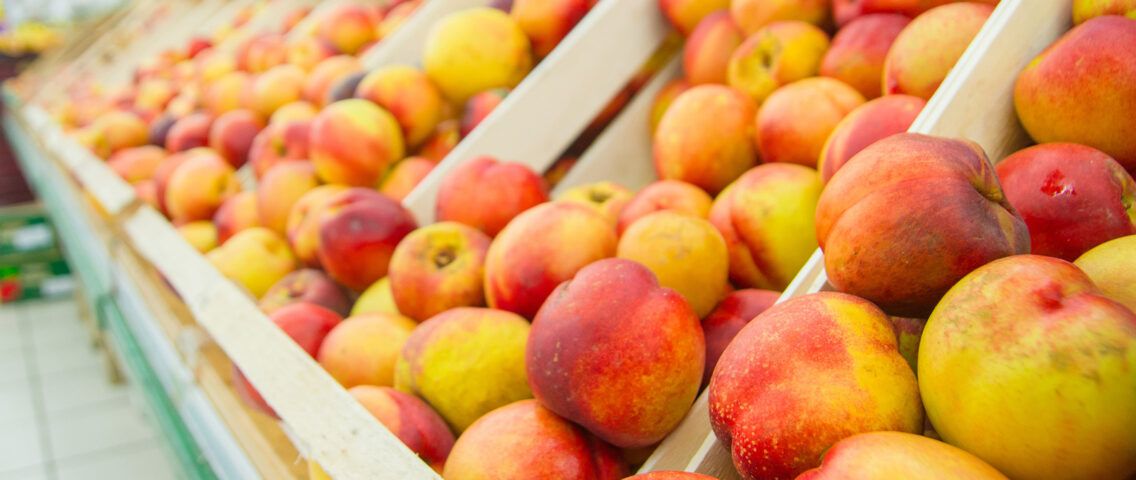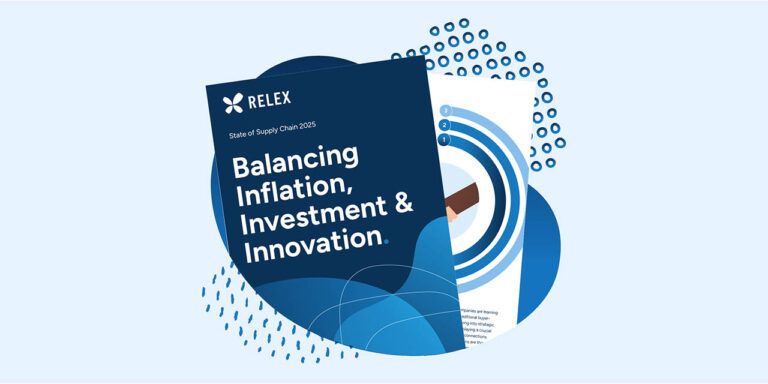The rise of food waste legislation: Enforcing waste reduction and California’s SB 1383
Oct 25, 2021 • 3 min
New Food Waste Regulations
The increasing impact of dangerous pollutants on the climate has given rise globally to new legislation committed to reducing and regulating organic waste. Food waste is of particular concern because it produces potent short-lived climate pollutants such as methane and black carbon as it decomposes in landfills. Pollutants from food waste were a concern before 2020, but the COVID crisis has revealed real vulnerabilities in supply chains, causing bottlenecks that drive up food waste.
The countries of the European Union already have an initiative to monitor food waste data, while areas of Southeast Asia are looking to AI to help evaluate the extent of their food waste problem. The newest addition to global legislation is California’s SB 1383, which follows in the footsteps of regulations seen in many EU nations such as France and Italy. The aim of this law is to reduce food waste by asking retailers to proactively identify overstock and work with nonprofit organizations and charities to redirect excess food from landfills to those in local communities who can use it.
Although this is a new step for the United States, the California law shows the progression that other states and nations will likely take as they begin to monitor food waste data and enforce waste reduction methods. However, with forward-thinking, effective fresh management from the beginning of the supply chain, retailers shouldn’t find compliance with new legislation to be painstaking.
Machine Learning Is Central to Effective Fresh Management
Effective fresh management depends on the ability to automate data-driven forecasts on a daily or even intraday level. Grocery demand forecasts need to accurately reflect known factors, such as annual holidays, as well as respond rapidly to unknown factors, such as sudden weather shifts or unanticipated supplier disruptions.
Further, forecasts need to be able to assess fresh inventory needs on a day-product-store level to ensure the right products are going to the right stores while preventing scenarios in which some stores are overstocked (leading to waste) while others are understocked (leading to lost sales).
The complexity and urgency of fresh item management requires a solution that can integrate the supply chain—preferably one that incorporates AI and machine learning to ensure retailers can meet local demand with full shelves and optimize replenishment to reduce unneeded waste. These automated forecasting and replenishment solutions can also drastically reduce manual planning processes, increase speed and agility throughout your supply chain, drive improvements to accuracy and outcomes, and increase sales.
Compliance and the Future of Food Waste Regulation
When retailers can leverage technology to proactively identify potential overstock, they can make earlier decisions about how to best donate fresh products to help their community. As part of the SB 1383 regulations, food donation organizations such as the innovative team at Replate play a critical role in helping retailers develop an agile, data-driven donation infrastructure to ensure excess food goes into the hands of those who need it—and not in a landfill.
Technology-driven organizations like Replate can help grocers, convenience stores, and other food generators monitor food donations in accordance with local legislation and even help with the logistics of transporting excess products from retailers to donation sites. Regulations require businesses and grocers to report contributions, sign contracts with food recovery services, and track data points. The right technology can provide donors with these required metrics, administrative assistance, and even additional figures and data for retailers’ own sustainability goals.
Food recovery is a great way for businesses to hit Environmental, Social, and Governance (ESG) targets, reduce waste, and save money. The fact that it’s a law now makes it all the more imperative. Regulations such as SB 1383 are only the beginning within the United States, but with the growing concern over climate change, similar legislation will likely become more commonplace all over the world.
Optimization of fresh products throughout the supply chain can not only prepare retailers for new climate change regulations but can also reduce costs, raise availability, and find the best place to send anticipated overstock. This optimization is accomplished through data-driven replenishment; increased forecast accuracy of fresh product demand; and the efficient logistics of food recovery services to ensure any excess food finds its way onto the plate of those in your community.





